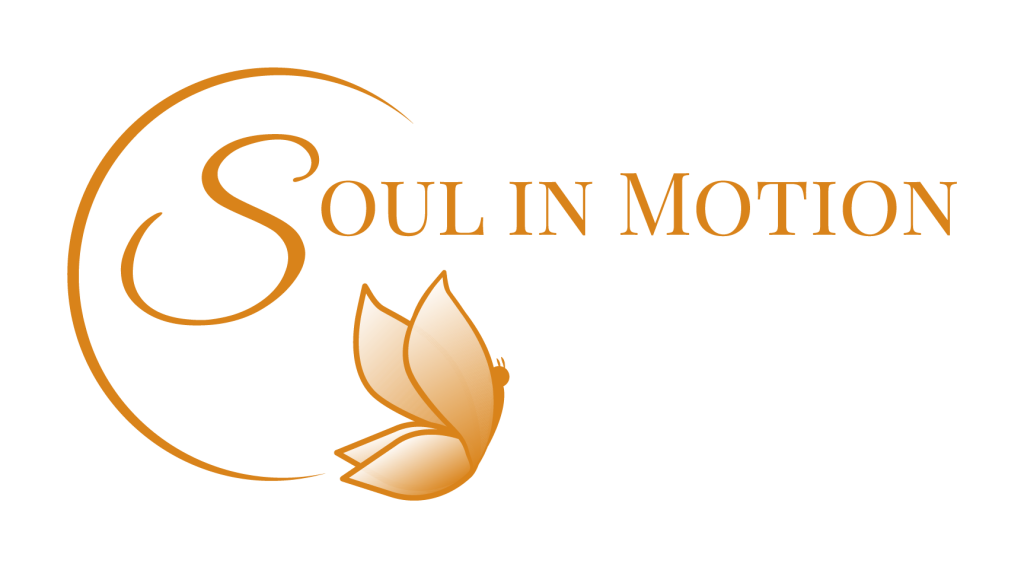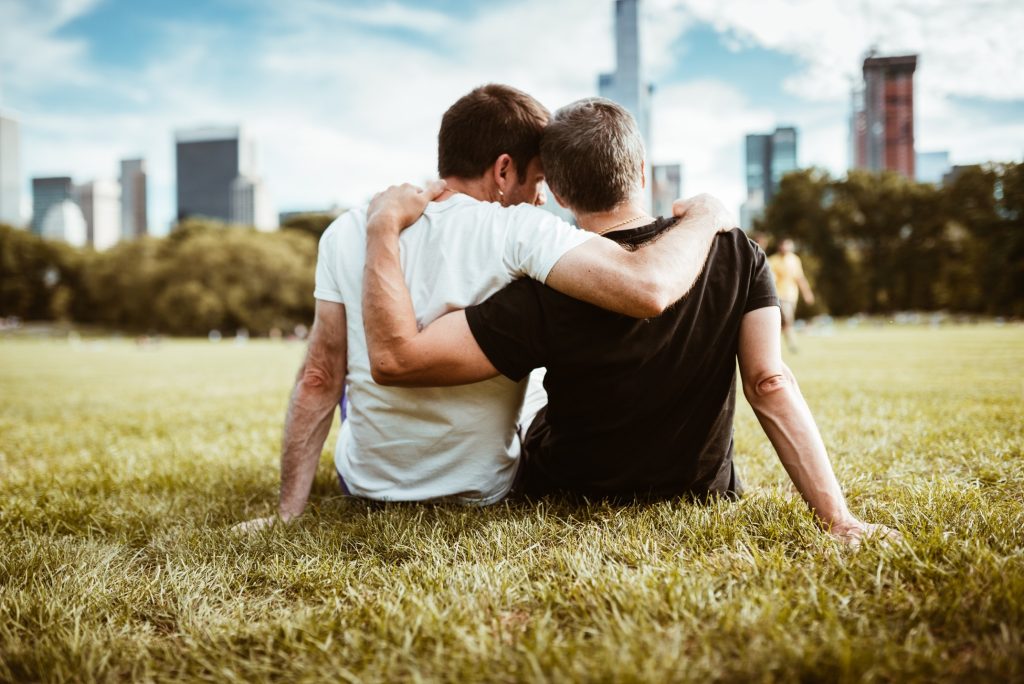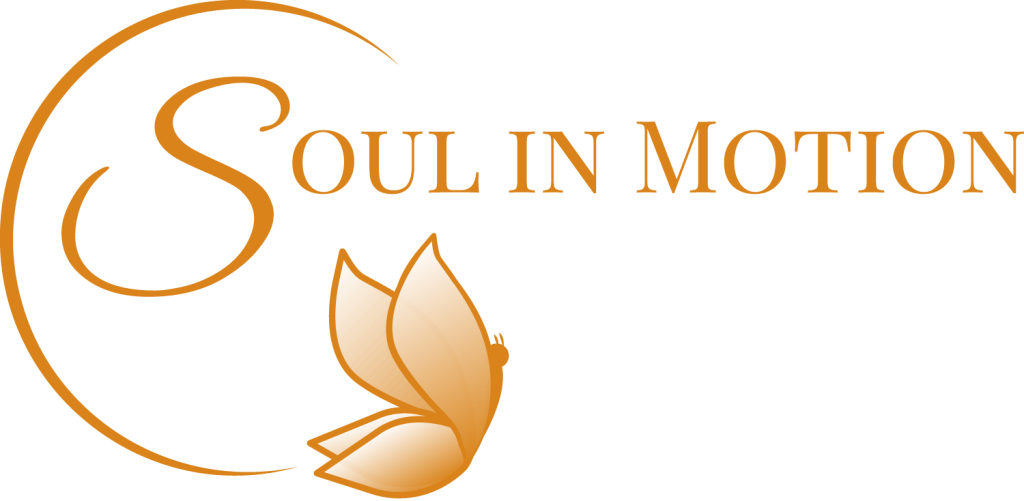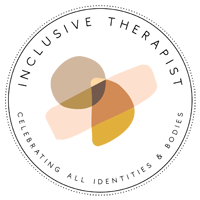I’ve sat with so many clients as they’ve faced this tender truth: sometimes healing means walking away from people we deeply love. It’s one of the hardest parts of personal growth, and if you’re going through it right now, I want you to know your heart’s ache is seen and understood.
The Bittersweet Nature of Change
Picture holding a butterfly that’s just emerged from its cocoon. Just as that butterfly must leave its old home to spread its wings, we sometimes need to leave relationships that shaped us to remain faithful to our own wellbeing. Maybe you’ve had an eye opening experience, found sobriety, or finally started speaking up for yourself. As you heal, you might notice certain relationships feel increasingly uncomfortable – like wearing shoes you’ve outgrown.
Reassessing the Relationship
But how do you know if the relationship no longer serves your wellbeing?
Deciding whether to walk away from a relationship can feel daunting, but there are a few key signs to help guide you:
- You Feel Drained: If being around someone consistently leaves you feeling exhausted or emotionally drained, this may be a sign that the relationship is no longer serving you.
- Your Boundaries Are Disrespected: If your boundaries are regularly ignored or dismissed, it’s a clear indication that the relationship may not be healthy. Healthy relationships respect individual limits and needs.
- You’re Not Growing Together: If you’re evolving in ways that the other person cannot or will not support, this may create an unhealthy disconnect. Growth should be mutual in relationships.
- You’re Losing Yourself: If you find yourself changing or hiding aspects of who you are to fit into the relationship, it’s a sign that it’s not honoring your true self.
- There’s No Effort to Repair: Healthy relationships require effort from both parties. If one person is continuously avoiding the effort needed to resolve issues, it’s a red flag.
The Grief of Letting Go
If your reassessment leads you to the conclusion that you need to let go of the relationship, let’s be real – it can really hurt. There’s no sugar-coating the pain of realizing you need space from a friend who’s known you forever, family members who mean well but can’t support your healing, or beliefs that once brought you a feeling of certainty and security (we don’t just have relationships with people, after all). You might lie awake at night wondering if you’re doing the right thing, feeling guilty for choosing yourself, or missing the comfort of familiar patterns, even if they weren’t healthy.
Finding Your People
As painful as it is to let go, this process isn’t just about the redefining or death of old relationships – it’s also about the birth and discovery of new ones. Remember that first day at a new school? Finding new connections can feel just as scary. But here’s what I’ve witnessed time and time again: as you stay true to your healing journey, you’ll naturally cross paths with people who get it (or new ideas/ways of being that compliment your growth). These new people will respect your boundaries without making you feel guilty. They’ll celebrate your growth instead of trying to shrink you back to your old size.
Moving Forward with Grace
It can be hard to grapple with the loss of those we’ve loved. You can think of those past relationships like the friends you had in high school – even if you’re not close anymore, they were an important part of your story. You can honor what those relationships gave you while still choosing to walk a different path now. Some days you’ll feel strong in your decision, others you might doubt everything. Both feelings are perfectly normal.
Your healing journey is uniquely yours. Whether you’re taking baby steps back from certain relationships or making clean breaks, learn to be in tune with yourself and trust your gut. You’re not being selfish – you’re being self-aware. And that awareness, though sometimes painful, is a sign of just how far you’ve come.
Remember, choosing yourself isn’t betrayal – it’s bravery. And somewhere out there, your future self is so grateful you had the courage to grow, even when it meant the pain of saying goodbye.













